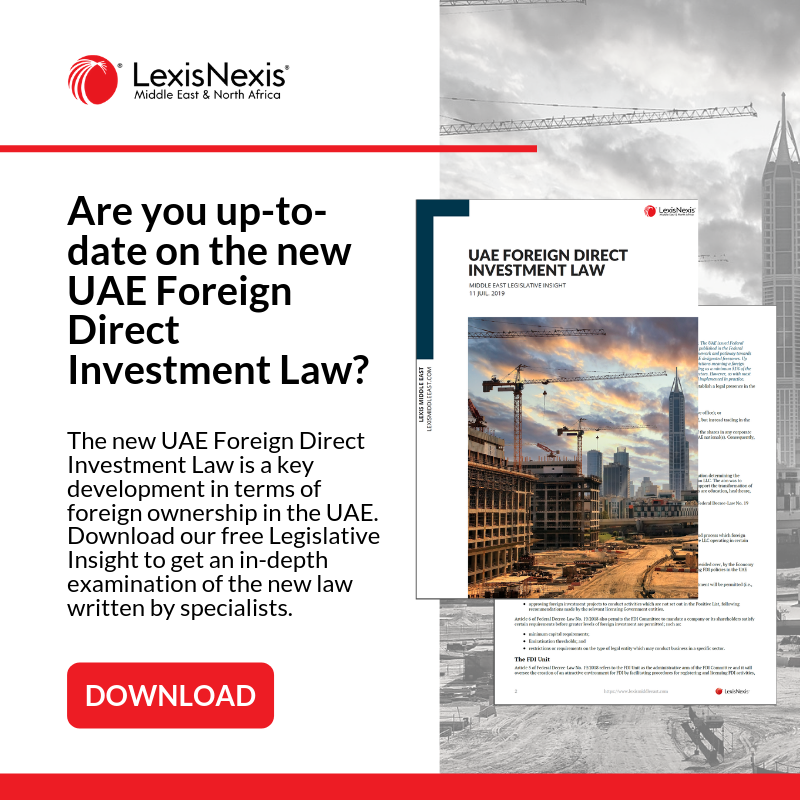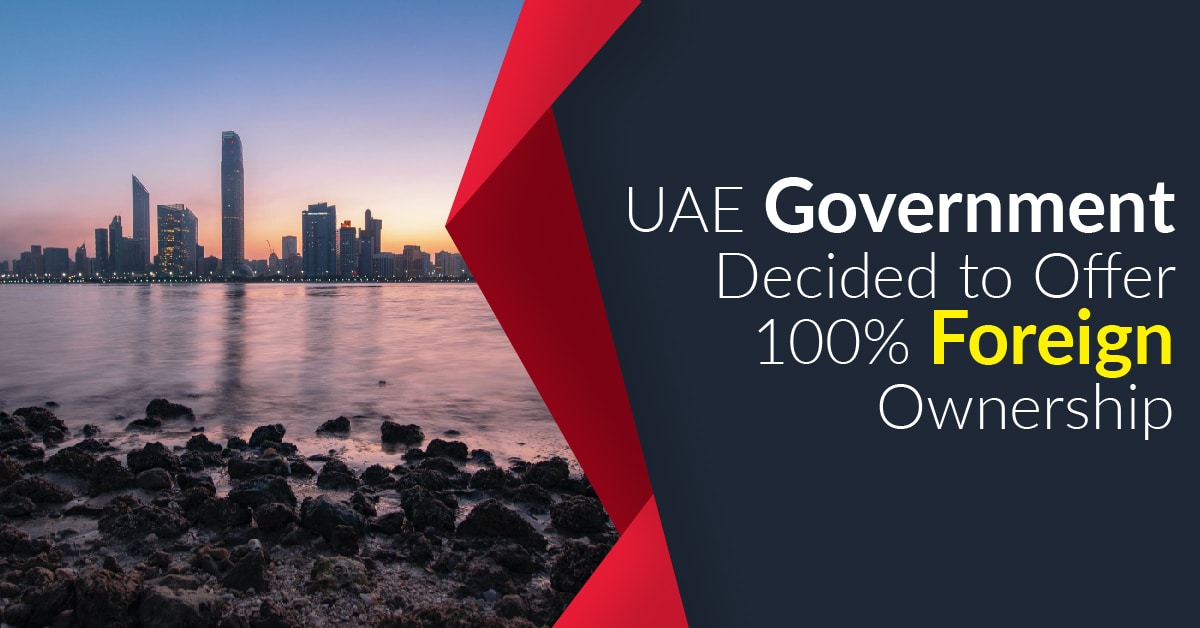Overview of Foreign Ownership
The decision to permit 100% foreign ownership in the UAE is part of a broader strategy to diversify the economy, enhance its competitiveness, and increase its attractiveness to international investors. This move aligns with the UAE's vision to become a leading global business hub, capable of competing with other major financial and commercial centers around the world. By removing the barriers to full ownership, the UAE aims to stimulate economic growth, create more jobs, and encourage innovation.
Economic Impact
Increased Investment
Allowing full foreign ownership is expected to lead to a significant increase in foreign direct investment (FDI) in the UAE. With the removal of restrictions on ownership, international investors are likely to view the UAE as a more appealing destination for their investments. This influx of capital can lead to the establishment of new businesses, expansion of existing ones, and the creation of new opportunities across various sectors.
Diversification of Economy
The UAE's economy has historically been dominated by the oil and gas sector. However, with the aim of reducing dependency on hydrocarbons, the government has been actively pursuing economic diversification. Full foreign ownership supports this goal by encouraging investment in non-oil sectors such as technology, renewable energy, manufacturing, and tourism. This diversification can lead to a more sustainable and resilient economy.
Job Creation and Innovation
Full foreign ownership can also lead to the creation of more job opportunities for both locals and expatriates. As new businesses and industries emerge, the demand for skilled and unskilled labor is expected to increase. Moreover, the influx of international expertise and technology can foster an environment of innovation, contributing to the development of a knowledge-based economy.
Legal and Regulatory Framework
The legal framework governing foreign ownership in the UAE has undergone significant changes. The Commercial Companies Law has been amended to remove the requirement for a minimum Emirati shareholder in certain types of companies. However, certain strategic sectors may still require Emirati participation to ensure national security and interests are protected. The UAE government has also introduced various incentives and initiatives to attract foreign investors, including the establishment of free zones that offer 100% foreign ownership, tax exemptions, and streamlined business setup processes.
Benefits for Foreign Investors
Flexibility and Control
One of the primary benefits of full foreign ownership is the flexibility and control it offers to investors. Without the need for a local partner, foreign investors can have complete control over their business operations, strategy, and management. This control enables them to make decisions quickly and implement their business plans more effectively, which is a key advantage of Foreign Ownership UAE.
Simplified Processes
The process of setting up a business in the UAE has become more streamlined, especially with the introduction of online platforms and single-window services. Foreign investors can now establish their businesses more easily, reducing the time and effort required to navigate through complex bureaucratic processes.
Challenges and Considerations
Cultural and Regulatory Differences
Despite the liberalization of ownership rules, foreign investors must still navigate the UAE's legal, cultural, and regulatory landscape. Understanding and complying with local laws and customs are crucial for the success of any business venture. This includes respecting Islamic principles and practices, particularly in areas such as finance and labor laws.
Competition and Market Dynamics
The UAE market is highly competitive, with many established local and international players. Foreign investors need to conduct thorough market research and develop a robust business strategy to compete effectively. This includes understanding consumer behavior, market trends, and the competitive landscape.
Sectoral Opportunities
The UAE offers opportunities across various sectors for foreign investors. The technology sector, including fintech, healthtech, and e-commerce, is particularly promising due to the UAE's advanced infrastructure and favorable business environment. The renewable energy sector is another area of focus, given the UAE's commitment to reducing its carbon footprint and increasing the use of clean energy. Additionally, sectors like logistics, tourism, and education are expected to see significant growth, driven by the UAE's strategic location, world-class infrastructure, and government support.
Conclusion
The allowance for full foreign ownership in the UAE represents a significant milestone in the country's economic development. It reflects the government's commitment to creating a more open, competitive, and attractive business environment. As the UAE continues to evolve and grow, it is likely to become an even more important player on the global economic stage, offering numerous opportunities for foreign investors and contributing to the country's prosperity and diversification.
FAQs
What are the main benefits of full foreign ownership in the UAE?
Full foreign ownership in the UAE offers benefits such as complete control over business operations, flexibility in decision-making, and simplified processes for setting up and managing a business.
Are there any restrictions on foreign ownership in certain sectors?
Yes, certain strategic sectors may still require Emirati participation to ensure national security and interests are protected. However, the specifics can vary, and it's essential to consult with legal and business advisors to understand the current regulations.
How does full foreign ownership impact the local workforce and economy?
Full foreign ownership can lead to job creation, both for locals and expatriates, and contribute to economic diversification by attracting investments in non-oil sectors. It can also foster innovation and the development of a knowledge-based economy.
What are the key sectors for foreign investment in the UAE?
Key sectors for foreign investment include technology, renewable energy, logistics, tourism, and education, among others. These sectors are expected to see significant growth due to the UAE's strategic location, infrastructure, and government support.
How can foreign investors navigate the UAE's legal and regulatory framework?
Foreign investors should consult with legal and business advisors who are familiar with the UAE's laws and regulations. It's also crucial to understand the cultural and regulatory differences and to ensure compliance with all legal requirements.


